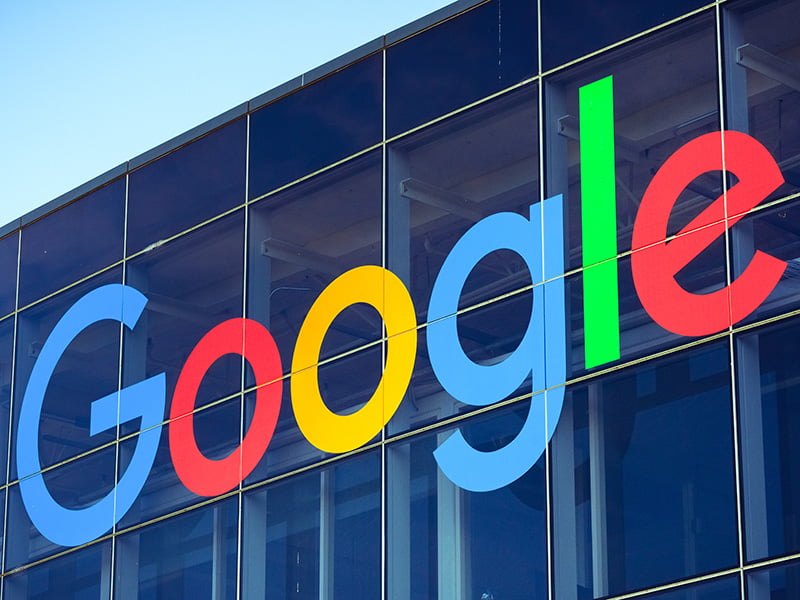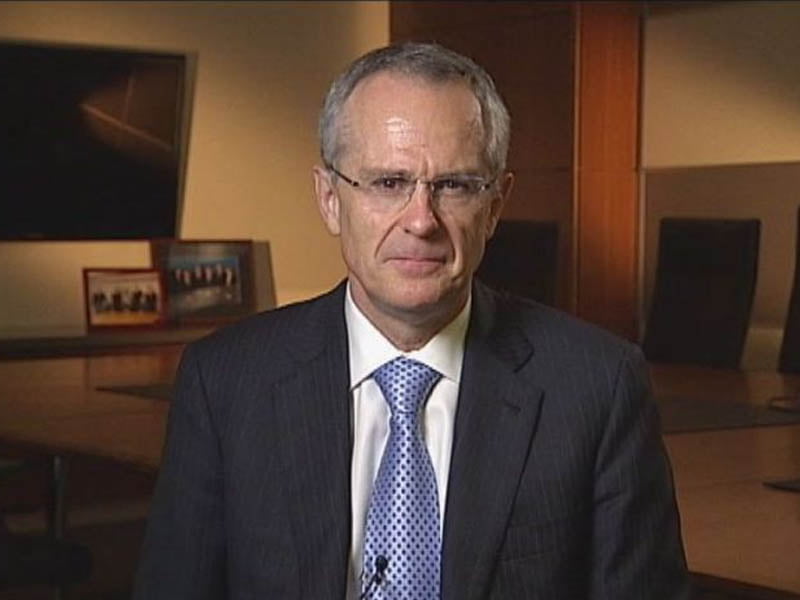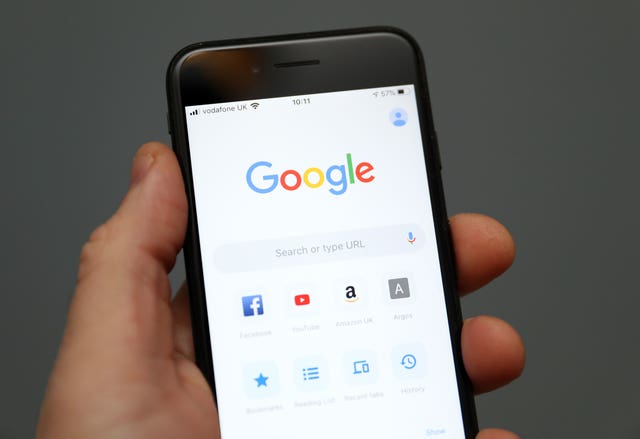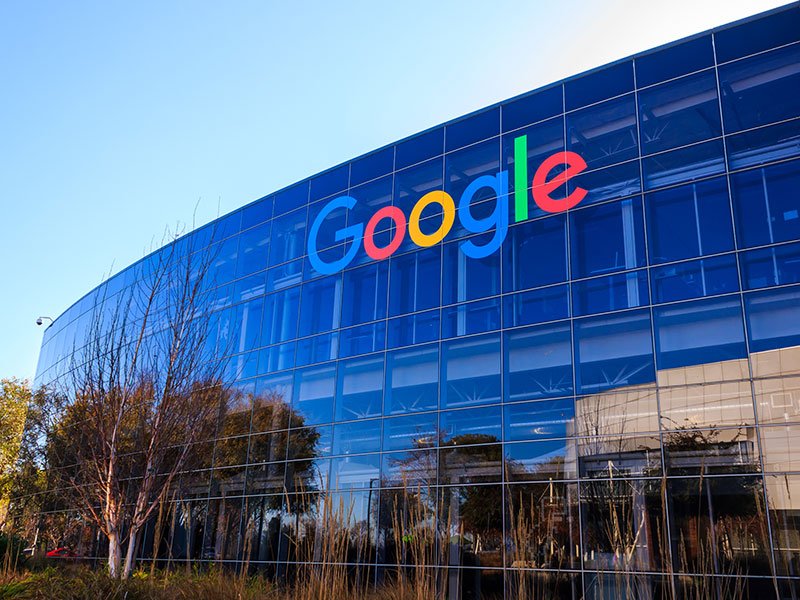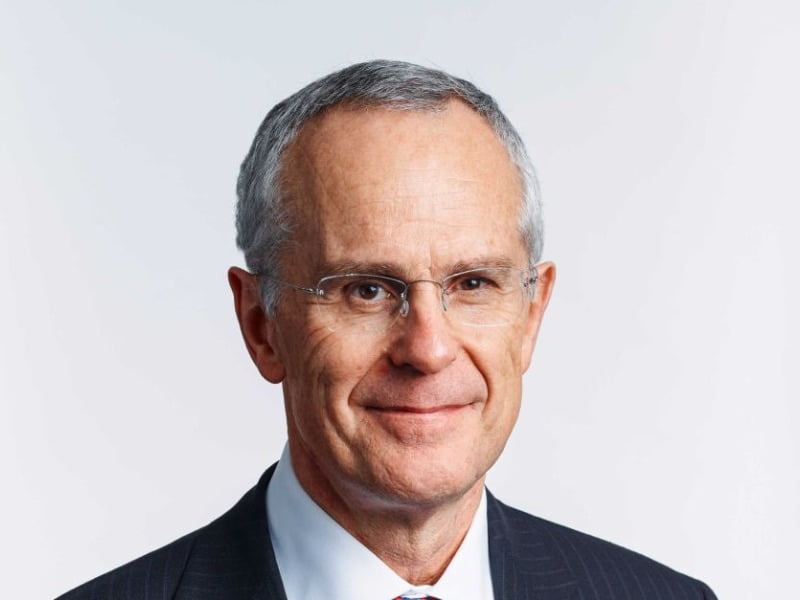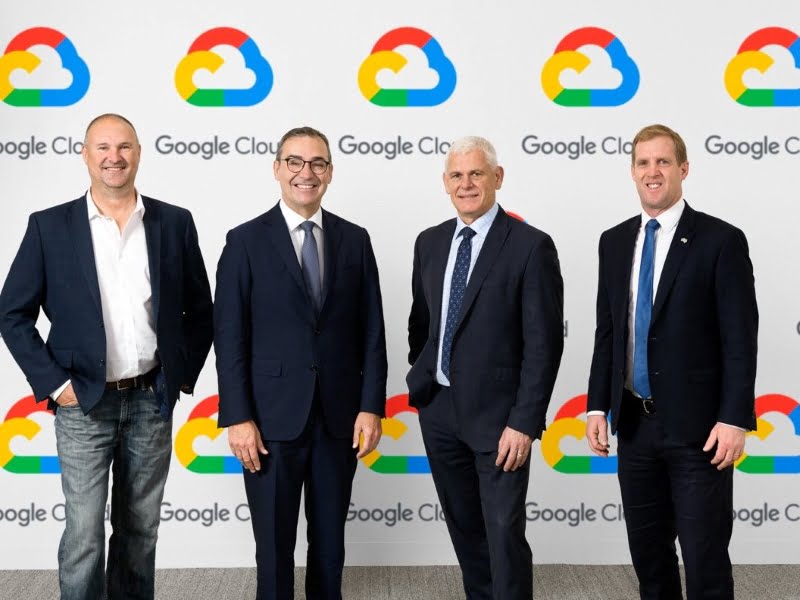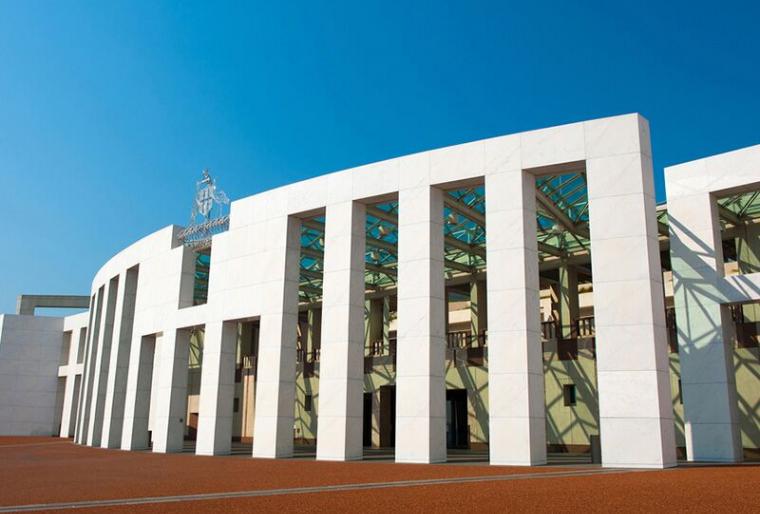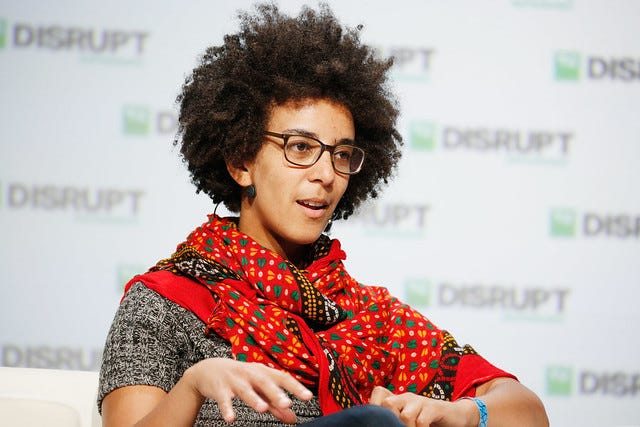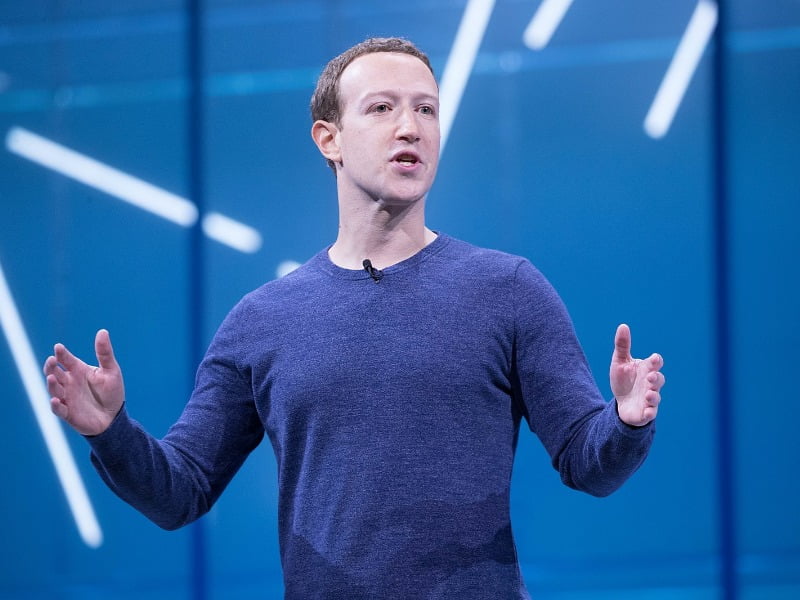The fully developed bureaucratic apparatus compares with other organizations exactly as does the machine with the non-mechanical modes of production.
The organization of offices follows the principle of hierarchy … each lower office is under the control and supervision of a higher one.
— Max Weber, Economy and Society, 1922
 This doesn’t infer private companies, organizations, trade groups, corporations, lobbies are any better than the bureaucracies of government. In fact, the bureaucratic hell we all have been put through — those of us who do not go quietly into the night or roll over to show some yellow belly — consumes millions of lifetime lives, working us over through a very disgusting labyrinth of penury, penalties, prosecutions, persecutions and penal phalanx designed to wear down the innocent.
This doesn’t infer private companies, organizations, trade groups, corporations, lobbies are any better than the bureaucracies of government. In fact, the bureaucratic hell we all have been put through — those of us who do not go quietly into the night or roll over to show some yellow belly — consumes millions of lifetime lives, working us over through a very disgusting labyrinth of penury, penalties, prosecutions, persecutions and penal phalanx designed to wear down the innocent.
If you do not have a stable of lawyers (imagine: $2000 an hour; imagine, at least 33.33 percent plus expenses for supposed civil cases of a class action variety), or a stable of lobbyists (imagine: entire companies set up to lie, steal, block, and hide for the rich, the corporations), or a brothel of politicians (imagine: how much does it cost to run for a Senate seat) — here, October 2020:
The North Carolina Senate race is already the most expensive congressional race of all time, with $265 million spent between candidates and outside groups. The Iowa Senate race has already claimed the No. 2 spot with $218 million. — Open Secrets
Those small potatoes people like you and I, those underclass, those lower classes, those less than medium wage/middle class, and all those developing world classes, and all those displaced classes, and all the farmer and laborer classes, we are set up for failure, and when we do fight, we have to empty the savings accounts just to get to the courthouse.
I won’t go into deep-deep detail, but my own family has a recent living example of this fleecing, here in good old Oregon. That person set up an LLC — limited liability corporation — when he got a job with a hospitality staffing agency back east. This agency is run by a multimillionaire, who Zooms his gig workers (all workers have to pay the money in respective states for setting up LLC’s) from his 5,000 square foot “dream home” in Vermont, the second or third one in his portfolio. Imagine, a schmuck like me assisting my family member in Oregon to set up his LLC. It cost him $100. Some of my family member’s teammates ended up getting lawyers and CPA’s to help at a tune of not less than $450.
The entire gig and DIY and precarious and atomized world of work, including recruiting and staffing, is full of money at the top, and worker bees at the bottom. These worker bees are usually women. Covid-19 stupidity hit, and, well, the hospitality and restaurant business caved. This company then went after the N95 mask makers, and other industries still operating during the planned-economic-demic.
So, you have I Can’t Breathe George Floyd unfolding, yet this multimillionaire white man did not talk about the national movement to stop the police murders of black people (Duh, restaurant workers are BIPOC). Nothing even on his company’s web site decrying pig-cop violence against blacks.
This commission-based job went south for my family member. Fast. He did not make money, and got one commission check, $3,000 for hundreds of hours of work. Do the math. Think of the money lost, time lost, percentage of the soul eaten out.
Now, he looked for work, paid work, and landed a job. The problem is the Oregon Department of Revenue sent a mountain-high set of letters, warnings, bills, and then penalties. You know, some people have to try and make a living. This family member also had in his past bad nightmares from the IRS coming to his family home and taking the house over, kicking the family into the streets. He was an 11-year-old. Try another incident with a repo of a car, and other such IRS crap, and this family member just could not handle all the chaos of the bureaucracies of hate, failure to file, not knowing the codes inside and out. He expected it all to be washed out at the end of the year when he filed his taxes.
Wrong, sucker.
I helped him out, sending in thoughtful and rhetorically-magnificent letters to stop this idiocy. No go. Still, more and more late penalties.
I went to the Tax Court (logged on), and the only way to get a hearing in Oregon is to pay the charged (but incorrect) taxes and the added-on penalties. At more than $10,000 to pay the government, my family member had to dump two IRA Roth’s. So much for the savings.
Now, just to get an administrative judge to hear this, another $280 check had to be written to the state of Oregon. Think of all the work we had to do to try and figure out what the hell was going on. Over $10,000 shelled out, and here it is, waiting for forms to be filled out.
Then, on top of this, ending the LLC cost my family member, $110. That’s $100 to create a sole proprietor LLC, and another $110 to dissolve it.
My family member did not have the bandwidth to handle this. Of course, over the years the toll of medical bills, mortgage company thieves, PayDay loan thugs, school loan sharks, real estate appraisers, auto creeps, and on and on, I have had to come to the assistance of many many people. In reality, this capitalist society — call it parasitic, diseased, disruptive, poisonous — is a wasteland of fraud, scams, and downright theft. In a real society, there would be navigators for people of all ages and ilk — free legal advice, free clinics, free social workers and services workers helping cut through the avalanche of red-tape and bureaucrats who should be — along with at least the first million lawyers on earth, and first 10 million lords of war, and the first 100 million financial real estate insurance scammers — at the bottom of the sea.
This is it for a broken society. Broken big time. And how do all those notices and penalty scare letters and authentication letters from courts and the revenue service and unemployment service and department of labor come to us in a small rural town?
Yep, through the post office … the dying USPS. That that bumbling mean as a white old man Biden can hardly muster a trickle of phlegm in his words. No groundswell of legislators (sic) and policy makers (sic) and law makers (sic) putting a stop to this evisceration after evisceration.
My family member gets the hearing, appointing me as a secondary or primary family member allowed to present “evidence.” In the first three minutes of my family member presenting evidence, it is clear the Revenue guy is a buttoned down bureaucrat on Prozac. We are talking legalese, and mentioning form x and form y to be filed, with Zeros in all the boxes, to trigger the next step of a refund for the taxes my family member didn’t owe, and then, with the waiving of penalties. My family member literally left, vomiting, and yelling.
Did the judge hear this? Yep. Did the Revenuer hear it? Yep. This wasn’t a Zoom Doom call, but I could hear some dry voices, and then, I took over and navigated the Revenuer’s promise to the judge that all fines and penalties and interests and the initial taxes would be refunded.
Luckily, the Revenuer had some humanity, and emailed me immediately, and we talked, too, on his personal phone, and he attempted to navigate me on some forms, sent them to me, and, alas, the forms did not work. He saw that, and he tried to get some workarounds, and this is where we are at:
Trauma. PTSD. Past bad-bad interaction with IRS, state code men, tax folk, cops, pigs, the entire buffet of bumbling and overpaid and inhumane people. Think of the ticket guy on the street, and the pig-cop. Try and have conversations with these “public” officials about how they live with themselves. I have, in bars. They will throw down, pull a gun, call more pigs-cops. I’ve had many a yelling match. This is the cancel culture.
Courts, Cops, DA’s, HR, Customer Service, Code Enforcers, Penalty Purveyors.
We await the refund checks, and I will have to let the court know it was resolved once a check comes in, but not without more headaches after the administrative hearing. I will petition the court to charge back the $281 court fee to the state of Oregon, demanding a refund.
More letters.
And that’s where we are at — letters encoded in Digital Blockchains, on those electronic strips on the DMV license, passport, medical card, on the license plate. And that leads us to the vaccination passport, and soon, the vaccination electronic tattoo.
All app driven, all approved by the Google-Palantir-Facebook-AI masters of the universe. With those sleazy millionaire governors and sleazier senators and congressmen.
Those of us knew this was beyond 1984 and a Brave New World and Minority Report and The Jungle, more than a modern Grapes of Wrath, we knew all of this three decades ago, way before Plans for the Pandemic, shortened to Plan-demic.
The horror is looking at Klaus Schwab, Bill Gates, Zuckerberg, Thiel, Musk, Fauci, and a million other toadies and Eichmann’s in their lizard eyes. The Agenda 2030 and Great Reset proverbial bulldozer of humanity? Already in second gear!

Here we are, now Rutgers, looking for every person on campus to have been hit with the drug-thing in the hypodermic. Prove your worth, prove your jab (s). And anyone really looking at this bio-nano technology knows that the mRNA poison, and the entire suite of bad-bad brews, well, we can expect constant jabs.
Rutgers Campus about to go 100 percent forced vaccinations!

The federal government’s assurance of vaccine supply for all Americans prompted Rutgers to make the decision, the university said in a statement.
Brian Strom, chancellor of Rutgers Biomedical and Health Sciences and executive vice president for health affairs, said the vaccine is the key “to the return of campus instruction and activities closer to what we were accustomed to before the pandemic.”
“The COVID-19 vaccines have proven to be safe and effective in preventing serious illness, hospitalization and death,” Storm said in the statement.
— Source: Market Watch
“The Vaccine Passport Propaganda Template” by Adam Dick
And my shitty job with shitty pay and shitty respect, oh, the managers I work with are actually breaking confidentiality rules by announcing which people have gotten the jab vis-à-vis the nonprofit, and those (me) who have not. Can you believe that shit? I have to tell them if, or if not, where and how and which one?
Asking same said boss what the hell is his BMI? How’s that red face blood pressure going? What the hell is going on with the heavy asthmatic breathing? Those fat-laden lunches? You sure about those? Imagine, a world where they ask, or demand, or press — “You’ve gotten the vaccine, right?”
Sure, this is the new normal, and it is their immoral code, their anti-ethics, their Scarlet Alphabet — A through Z, and many symbols stitched into the digital passport signifying the Wrong Kind of American.
My friend does recruiting for California businesses, and that fine fucked up state is requiring vaccine passports, to get to and from work. Pigs-Cops tackling you and folding you into a squad car. That’s step one. Many more steps here to this Plan-Demic takeover.

And this physics and chemistry high school teacher is so right, so vulnerable in this shit show called United Snakes of America:
Today, I would describe myself as a Marxist who thinks the Russian Revolution of 1917 was the most recent example of a working class revolution but would describe its counter-revolutionary collapse as ending in state-run capitalism. I still believe the experience of the Bolshevik party in Russia is vital to look at as an example of what needs to be built today, and there are writings of Lenin and Luxemburg that I use as a political touchstone today. However, I no longer adhere to the idea that “socialism in one country” came only with Stalin, but that you can see its beginnings under Lenin in the policies of the NEP and other changes in policies of the Soviet state under Lenin. The revolution’s fate was sealed when it did not spread to Germany shortly after the socialist revolution in Russia.
Still, I believe the only way out of the mess we are in today is another working class revolution for the establishment of socialism. But that will not take place through the ballot box. It will require mass strikes and an armed insurrection to establish it. Also, it cannot be called socialism unless working class democracy is at its center and is preserved and expanded through the course of the revolution and beyond. Overall, while I firmly believe capitalism must be dismantled, I have more questions than answers about the state of our political tradition and the process by which this mass socialist uprising will take place. Part of the reason I started “What’s Left?”, a podcast/channel I host with two friends, was to give myself an open space to investigate political questions that I am still working through.
The last year has made the prospects for revolutionary change (which were exceedingly dim before the mania around COVID started) seem even more unlikely. I have witnessed the revolutionary Left collapse behind the capitalist state and institutions through the course of the pandemic. I am exceedingly grateful for the existence of Left Lockdown Sceptics and their attempt to fashion a Left response and oppositions to the authoritarian maneuvers of the capitalist classes across the globe. This blog has been a glimmer of hope for me in what has felt like an ocean of despair.
— Andy Libson
Just how long does Andy have left in the rotting K12 school system? DV readers know the real way to beating down the masters, and beating back their toadies and Eichmann’s. You’ve read my stuff until you’ve hacked up the offal of capitalism and the rotting meat percolating from the core systems of oppression and subjugation. You know my stance on K12 and higher education.
Solutions to homelessness, obesity, paranoia, fear, sickness, illiteracy, poverty, hunger? Shit, the entire community-based land-formed people-centered, ecosystem-dominating holism and complete person, from cradle to cradle. Every system checked against a true precautionary principle. Every move for 10 generations out. Every decision made for the good of the community.
Art over science. Environment over economics. Ecology over commerce. All tied into a localized economy, regionalized planning, fair use, retrenchment, and ending capitalism, here, there, everywhere.
Naïve? Shit thinking? Is believing in this warring, poisoning, thieving and murdering system of money and top owning the world better? Is that where we are — giving Musk the green light to dump satellites and space junk into orbit after orbit? Who has the right to the Moon and Mars? Just what price is that sickness, that megalomania?
Embarrassing — sick:

Read Andy’s piece. Follow his links to Alison McDowell and Cory Morningstar and Jake Klyceck!
That is the horror story after horror story — Daily, more and more sad sack humans are opting for Zoom Teaching-Medicine-Social Work-Counseling-Engagement with the lighting on the best side of the face, while every Tom, Dick, Harriet and Jane are Zooming in their Underpants.
Andy, again:
I think we need to get back to our source of power – our workplace and centers where we congregate to do work – immediately and begin figuring out how we can stop what is coming. The remote learning experience we are going through right now is not a momentary mirage of a world trying to escape COVID. What we are witnessing and participating in (as either educator or student) is the future of education that is preparing future workers for what work will be like in the coming years: remote, on a screen, mediated through data flow and transmission, overseen, monitored and directed by AI. Students are experiencing education (separated, individualized, isolated, controlled and obscure) as they will experience their future work.
Participating in remote learning today isn’t ‘safer’, it’s actually far more dangerous to all our futures. It means our lives will be more separated, more surveilled, more scrutinized and more controlled than ever before. Physical schools will be replaced with laptops and drop-in centers. Teachers will be replaced with screens and AI. Education itself will be a lifelong chase, not of learning, but of job skills so each worker can compete in a global labor market where ever-centralized capitalist centers get their pick of the litter to screen for and exploit workers not as a class but as an isolated worker connected via a screen.

And it seems apropos to end with John Steppling, now in Norway, and an intellect on the wane, as is anyone who looks critically at the demise, whether it is art or culture.
There is a deep anti-human agenda in Capitalism. There always has been, but today, as capitalism reaches its most dire crises (one expected, perhaps even planned) the class struggle has taken on its most profound form. And fear is the currency in play. And the most coercive aspect of this struggle is the war on children. And it is found in many forms- from the known and ignored toxicity of plastics and the poisoning of the earth and oceans, to the revanchist sex negativity of social distancing and masks, and to the addictions of screens. And the habituation to screens is, of course, also intentional.
He cites much of Robert Bly’s work and his thinking around fantasy, art, the poet’s duty:
As I mentioned, Bly is in his 90s now. I met him once. And he was like a shining light in the room. My old mentor Terry Ork knew him well. I learned more from Bly than probably anyone. So I feel I want to return to him a bit more right now. I found his opening remarks at the 1968 National Book Awards Ceremony…
“I know I am speaking for many, many American poets when I ask this question: since we are murdering a culture in Vietnam at least as fine as our own, have we the right to congratulate ourselves on our cultural magnificence ? Isn’t that out of place ?
I met Bly a couple of times, drank with him a few times — Spokane, El Paso and Tucson.
Here, a short piece on him coming to Spokane, oh, 14 years ago. I’ve written and published a few essays on my remembrances of him, my work as a journeyman with him, and with others like William Stafford.
Enwrapped in solitude, Bly spins ruminations shaped by other cultures, other poets — as in “Meeting the Man Who Warns Me”:
I dream that I cannot see half of my life. “I look back, it is like the blind spot in a car.
So much just beyond the reach of our eyes, what tramples the grasses while the horses are asleep, the hoof marks all around the cave mouth…
what slips in under the door at night, and lies exhausted on the floor in the morning.
— from Haeder’s article, “Bly’s Call to Duty“
There is that, really, seeing less than that life, blind spots, this teetering age of digital fascism, and worse. That light, barely there, now.
The post
Caught in a Propaganda Mad House first appeared on
Dissident Voice.
This post was originally published on Dissident Voice.
